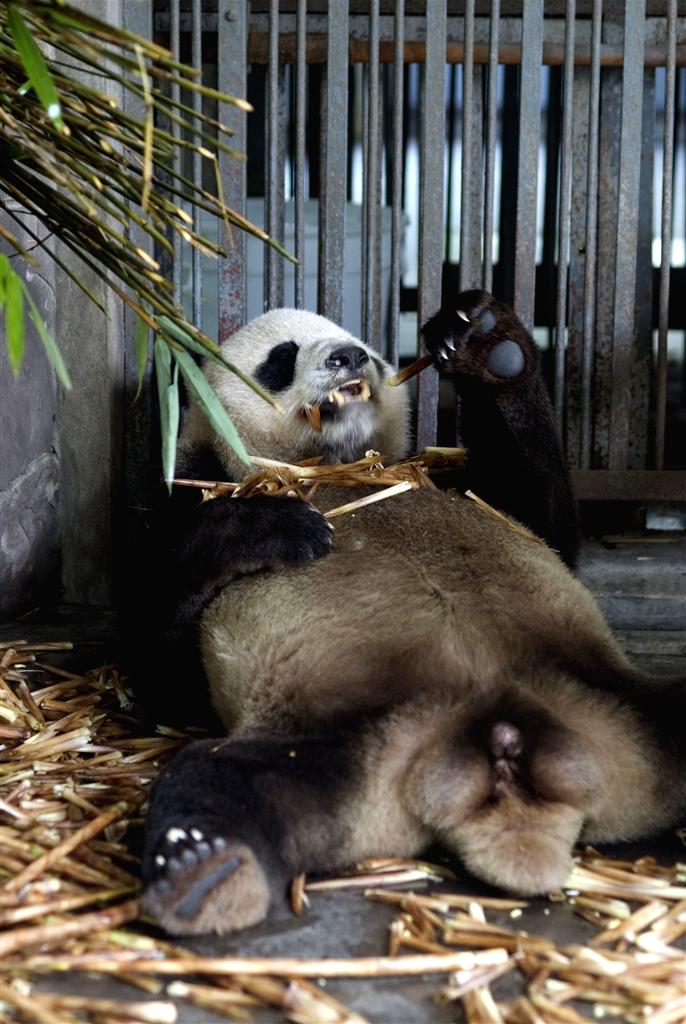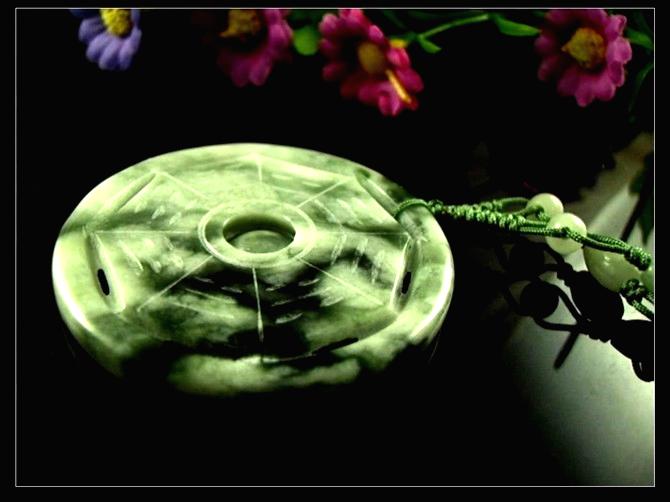| Avoid saying “Thank you” to a compliment | |
|---|---|
| Aug 16, 2010 02:54 | |
 | The London Olympics is now less than two years away. The VisitBritain has released a new guide to the hospitality industry, which is Delivering a First Class Welcome. It aims to diminish uncomfortable culture clashes when visitors come to London for the games. The advice includes: MEXICO It is best not to discuss poverty, illegal immigrants, earthquakes or the Mexican-American war of 1846-48. The U.S. had annexed Texas, which Mexico considered part of its territory. Mexico lost. HONG KONG Avoid winking - it is often considered rude. Pointing with an index finger is not advisable as this is generally used only for animals. Point with your hand open. pugh.jpg INDIA Avoid physical contact when first meeting someone. Be tolerant if Indians at first seem impolite, noisy and impatient. This is partly the result of living in chaotic cities and environments. BELGIUM Don't snap your fingers as it could be interpreted as impolite. ARGENTINA Pouring wine backwards into a glass indicates hostility. Don't be offended by Argentinian humour, which may mildly attack your clothing or weight. CHINA Avoid saying 'thank you' to a compliment. Instead, politely deny it to show humility. If you compliment a Chinese person, expect a denial. JAPAN A smiling Japanese person is not necessarily happy. They tend to smile when angry, embarrassed, sad or disappointed. UNITED ARAB EMIRATES Arabs are not used to being told what to do. Visitors from the UAE can take great offence if you appear bossy. They appreciate being looked after by staff who understand Arab culture. click SOUTH AFRICA Do not be alarmed if South Africans say they were held up by 'robots' - to them it means traffic lights. Don't place your thumb between your forefinger and second finger, as it's seen as obscene. BRAZIL Don't ask a Brazilian personal questions, especially about age, salary or marriage. And don't talk about Argentina - it's Brazil's fiercest sporting rival, especially in football. SOUTH KOREA When accepting thanks Koreans will typically say 'No, no'. This means 'You are welcome'. The above content excerpted from www.dailymail.co.uk. |
| Aug 22, 2010 02:46 | |
 | I think the advice we Brits can give to foreigners coming here is learn to say 'please' 'thank you' and most importnat learn how to queue. If you dont, you will be considered very rude. |
| Aug 22, 2010 03:17 | |
 | So, we need to do many paper work if we want to be polite from your eyes.  |
| Aug 23, 2010 04:02 | |
 | Something quite interesting... But to me, the ones who go to Uk would either be able to speak very good English or no English at all. For the ones who speak good English, they would probably learnt the English culture as well, so they would say thank you for the compliment. The ones who cannot say English, the interpreter would translate for them. So even when they say no or deny the compliment, the interpreter would still translate a thank you. So it won't be a problem... |
| Aug 23, 2010 13:10 | |
 | Not really Daphne, but we have a very different culture. I have found in China, if I queue and let others go in front of me I miss the bus. At train stations I see 1000s of people push,shove and run for the train, cant understand why when they have a ticket with an allocated seat or bed. I notice that people dont say please or thank you in China, My wifes family couldnt understand when they gave me food or drink I would say thank you. My Chinese teacher taught us 'qing wen' as a polite intro to a converstaion, probably as close as you get to please but she also said you wont need to use it much as others dont. 'Mai dan' gets shouted at top volume in restaurants when you want to pay. Try shouting 'pay bill' or 'bill' in UK and expect to be ignored. We would say 'please can I get the bill'. |
| Aug 29, 2010 22:52 | |
 | You may miss the bus, but not for cultural reason, it is all about heavy traffic in China. For those who rush on the train, they possibly paid for standing-room section. Others need to be hurry up if they want a easy path to their seats.  I say thank you for any kind service or advice. Qingwen as I think is very much like "excuse me". Only usable when enquire strangers for sth. but 'please can I get the bill' is different anyway.  |
| Aug 31, 2010 23:13 | |
 | haha, I know that in UK, people are more than often to be seen on queue in the street. Buy newspaper on queue and even pay bills on queue. No procedure be simplified due to long row, right? Dave. There is a saying that UK citizens are top in world about this. Very good and need to be learnt by other nations. |
Post a Reply to: Avoid saying “Thank you” to a compliment








 Copyright © 1998-2026 All rights reserved.
Copyright © 1998-2026 All rights reserved.